PM Narendra Modi to launch property cards distribution under SVAMITVA scheme on Oct 11
Fri 09 Oct 2020, 22:12:32
.jpg)
Prime Minister Narendra Modi will launch the physical distribution of property cards under the SVAMITVA (Survey of Villages And Mapping With Improvised Technology In Village Areas) scheme on Sunday. He will launch the scheme via video conferencing.
According to the Prime Minister's Office (PMO) statement, the scheme will allow rural people to use the property as a financial asset for taking loans and other financial benefits. The Prime Minister will also interact with some of the beneficiaries. He will be joined by Union minister for panchayati raj Narendra Singh Tomar.
The PMO said that the launch will enable around one lakh property holders to download their property cards through the SMS link sent to them. The beneficiaries of the scheme are from 763 villages across six states including 346 from Uttar Pradesh, 221 from Haryana, 100 from Maharashtra, 44 from Madhya Pradesh, 50 from Uttarakhand, and two from Karnataka. Beneficiaries from all these states except Maharashtra will receive the physical copies of the Property Cards within one day. Maharashtra has a system
of recovering the nominal cost of Property Card, so it will take a month.
of recovering the nominal cost of Property Card, so it will take a month.
"The move will pave the way for using the property as a financial asset by villagers for taking loans and other financial benefits. Also, this is the first time that such a large-scale exercise involving the most modern means of technology is being carried out to benefit millions of rural property owners," the PMO release said.
SVAMITVA is a Central Sector Scheme of the Ministry of Panchayati Raj, which was launched by the Prime Minister on National Panchayati Raj Day (April 24). The scheme aims to provide the ‘record of rights’ to village household owners in rural areas and issue Property Cards.
The Scheme is being implemented across the country in a phased manner over four years (2020-2024). It will cover around 6.62 lakh villages in the country.
In the pilot phase (2020-21), about 1 lakh villages in Uttar Pradesh, Haryana, Maharashtra, Madhya Pradesh, Uttarakhand and Karnataka, and few border villages of Punjab and Rajasthan will be covered.
No Comments For This Post, Be first to write a Comment.
Most viewed from National
Most viewed from World
AIMIM News
Latest Urdu News
Most Viewed
May 26, 2020
Which cricket team is your favourite to win the T20 World Cup 2026?
Latest Videos View All
Like Us
Home
About Us
Advertise With Us
All Polls
Epaper Archives
Privacy Policy
Contact Us
Download Etemaad App
© 2026 Etemaad Daily News, All Rights Reserved.

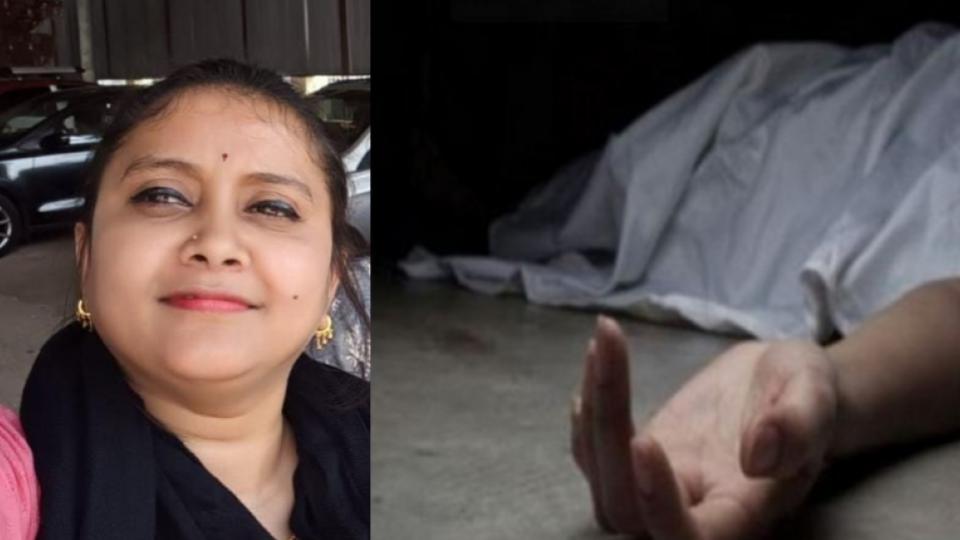



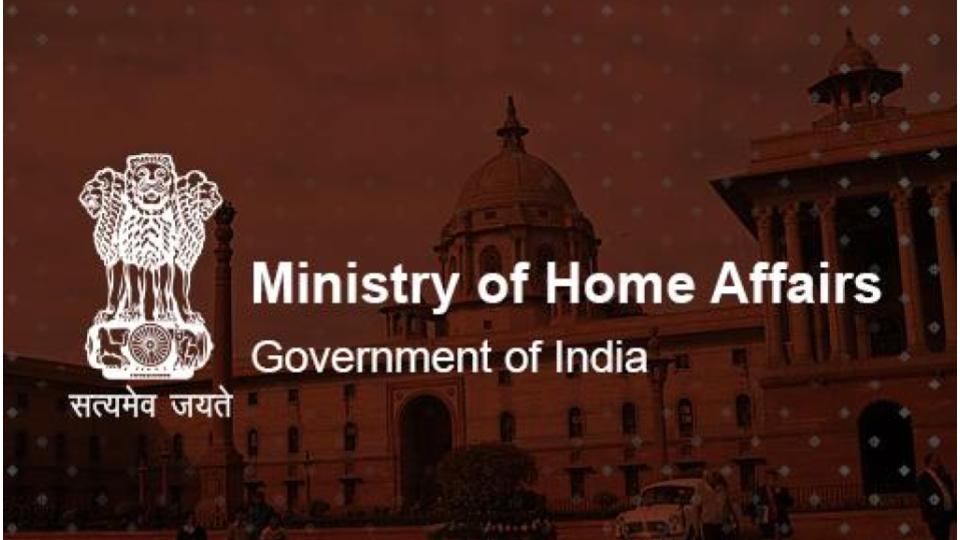
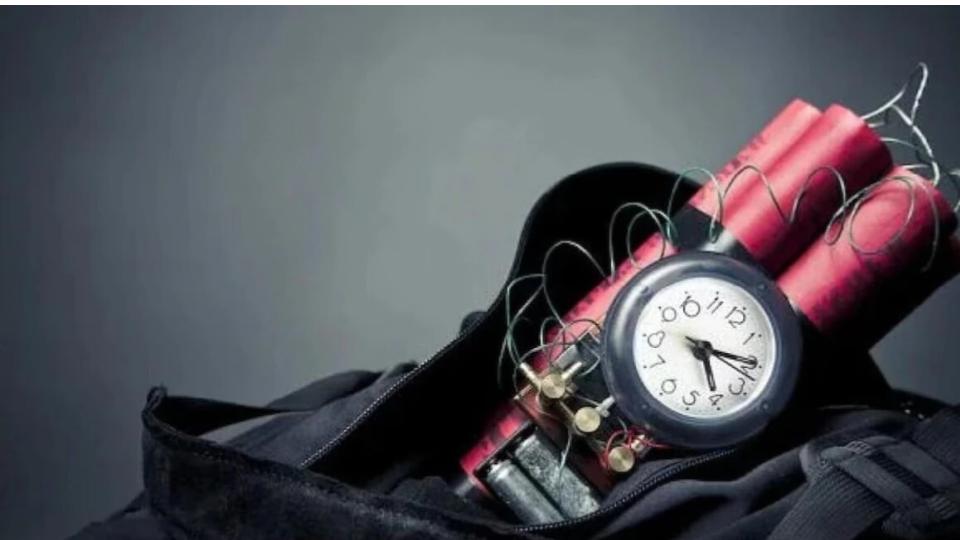
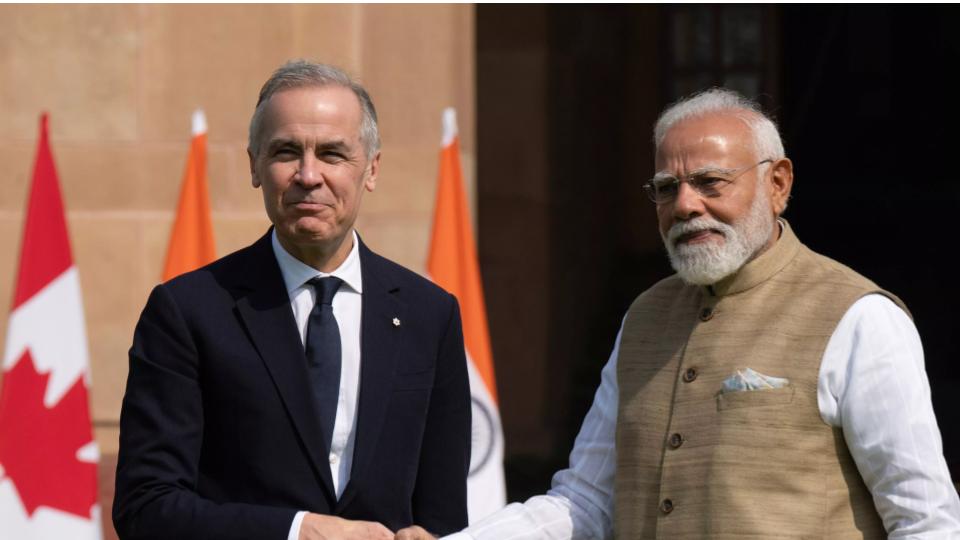
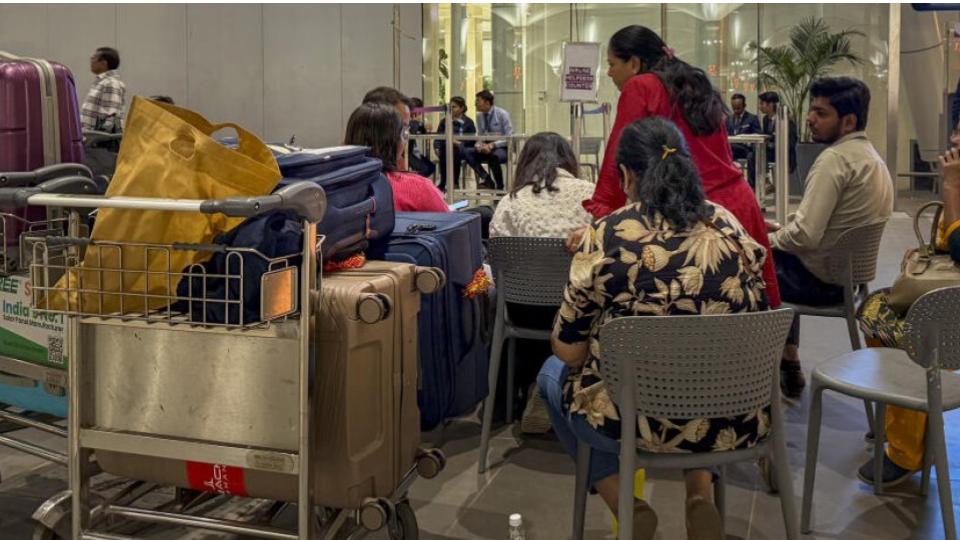
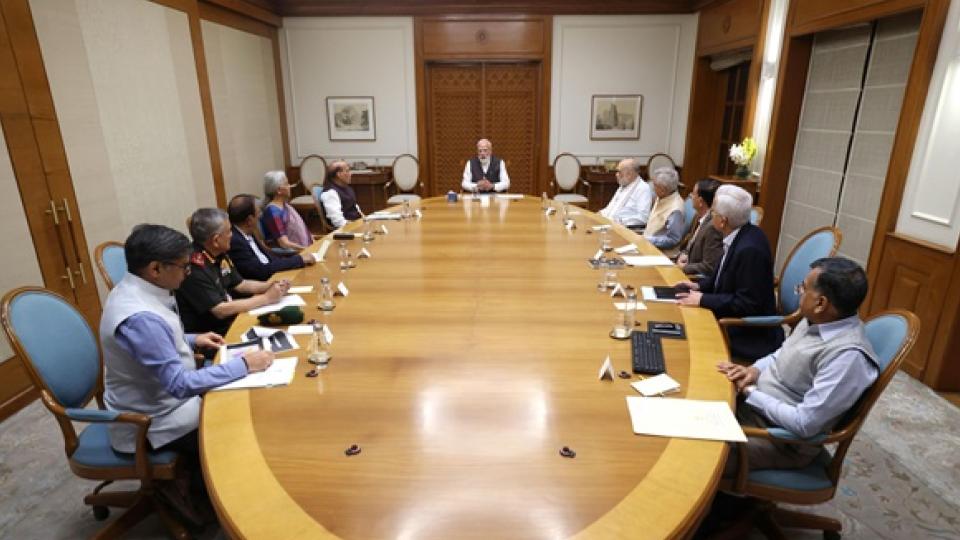
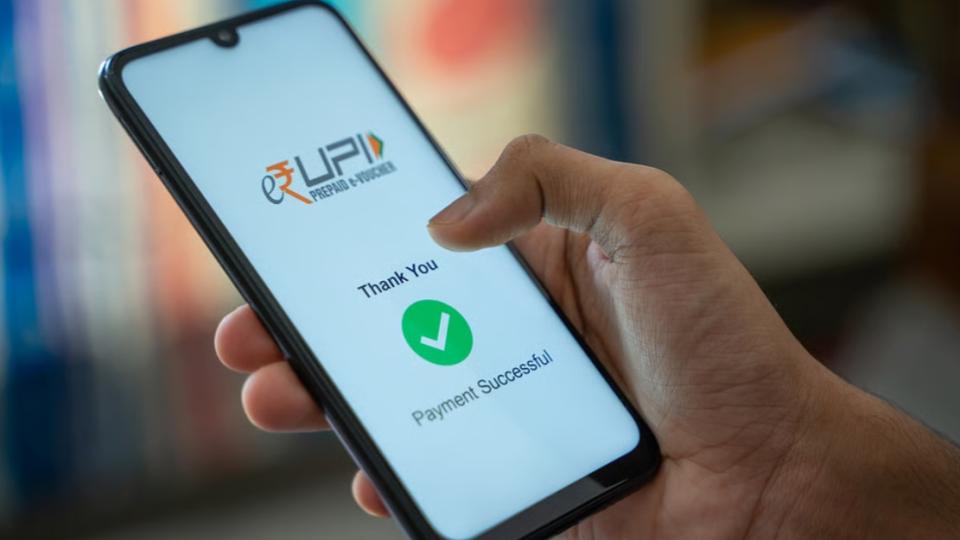
.jpg)
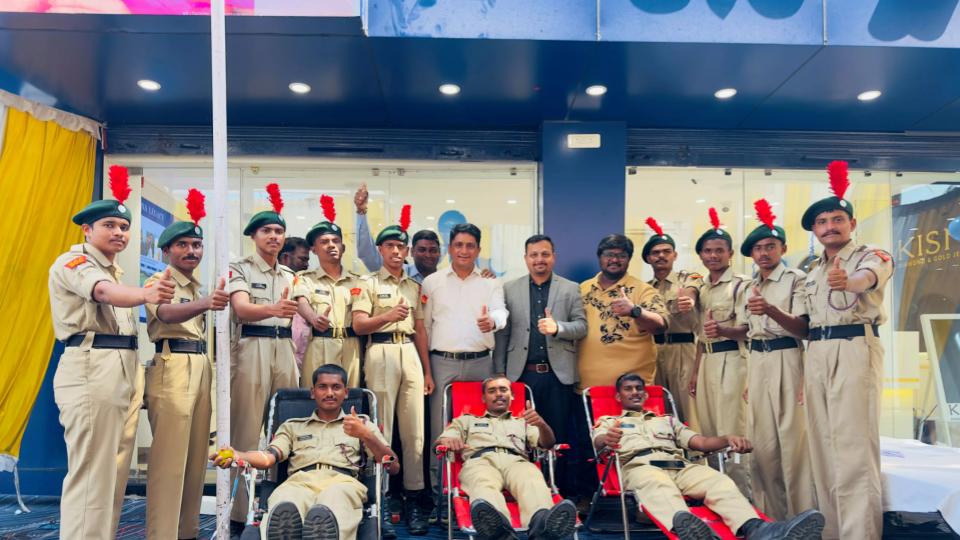
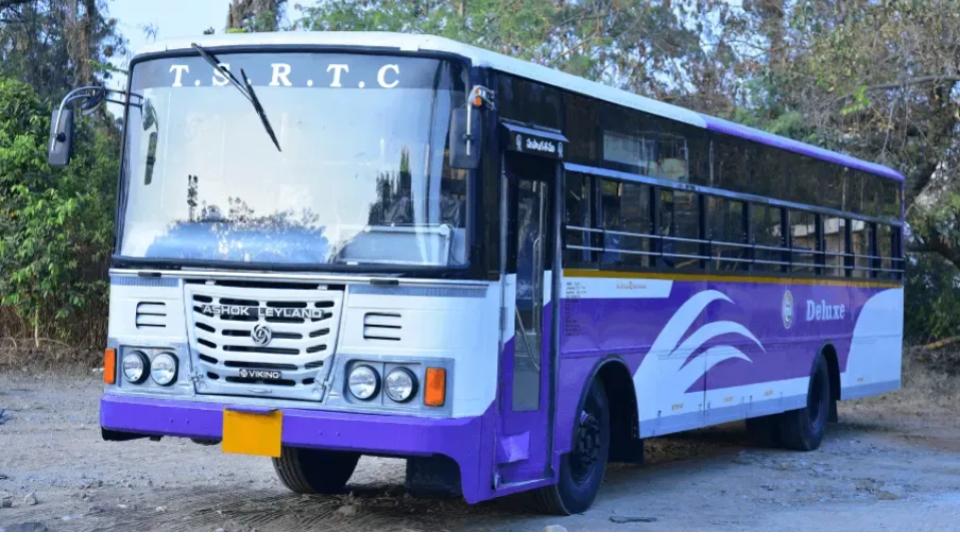
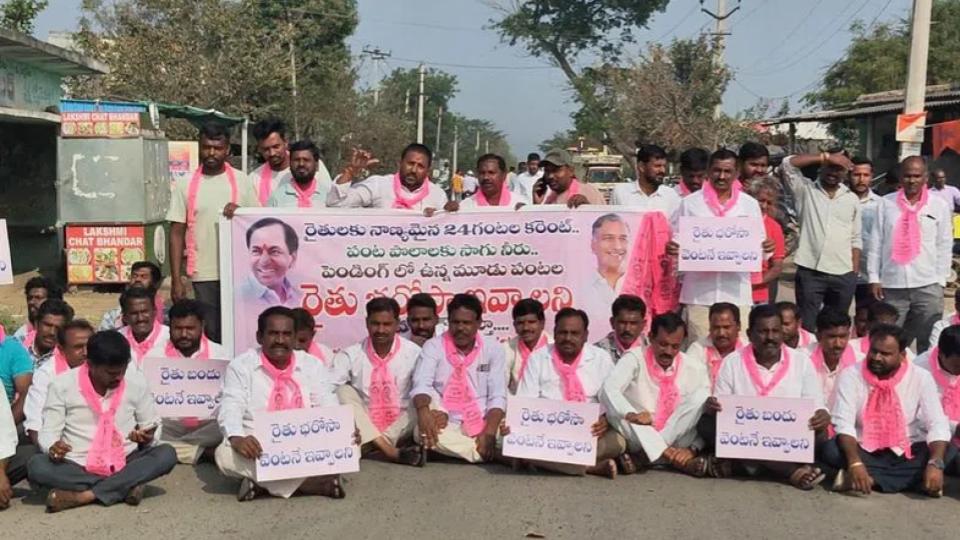
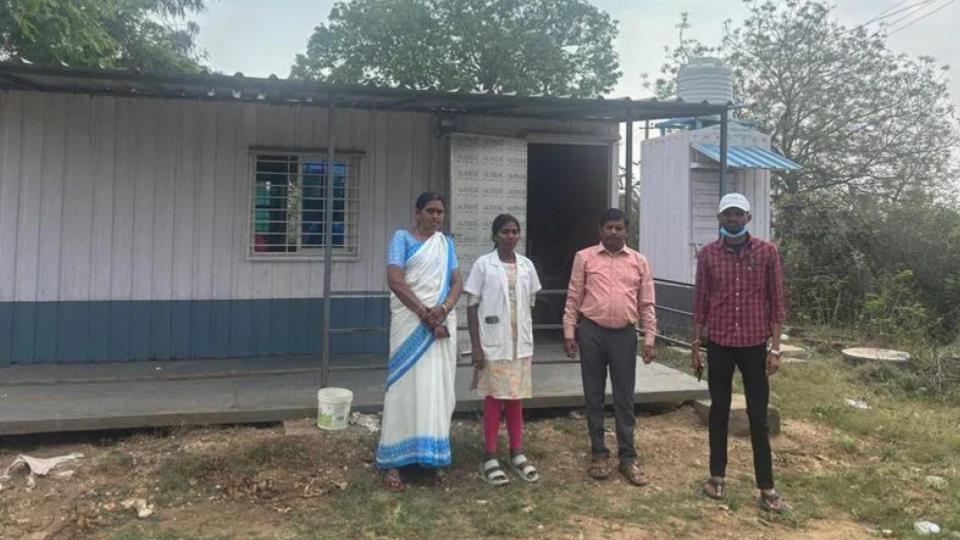
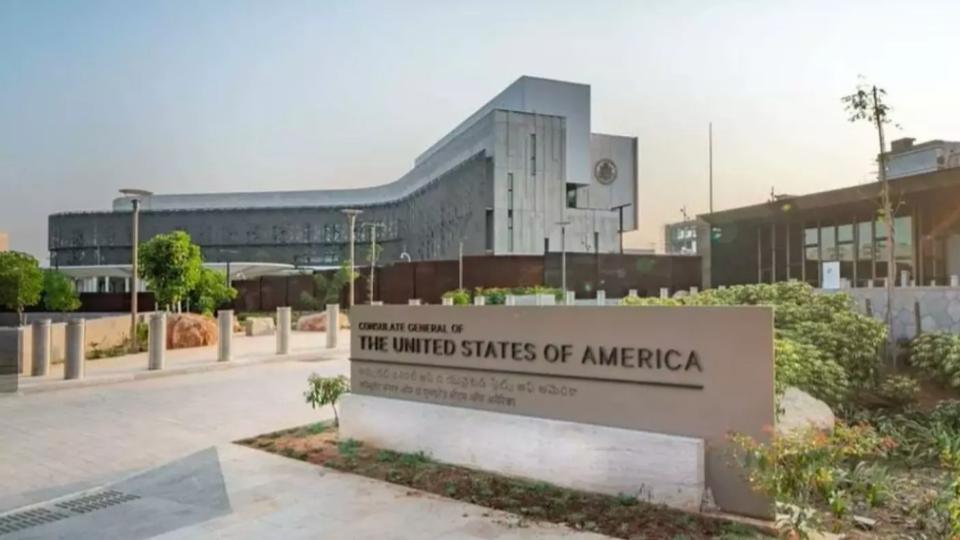
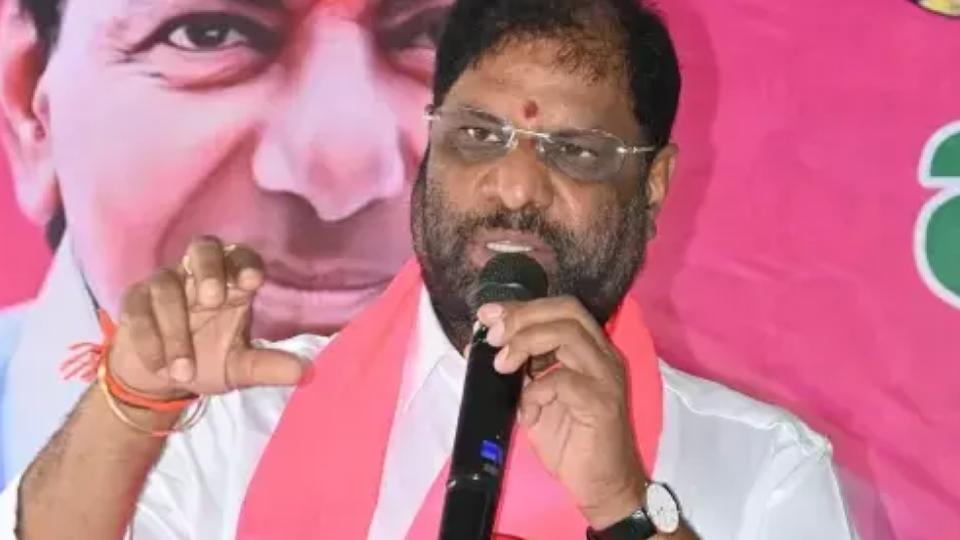
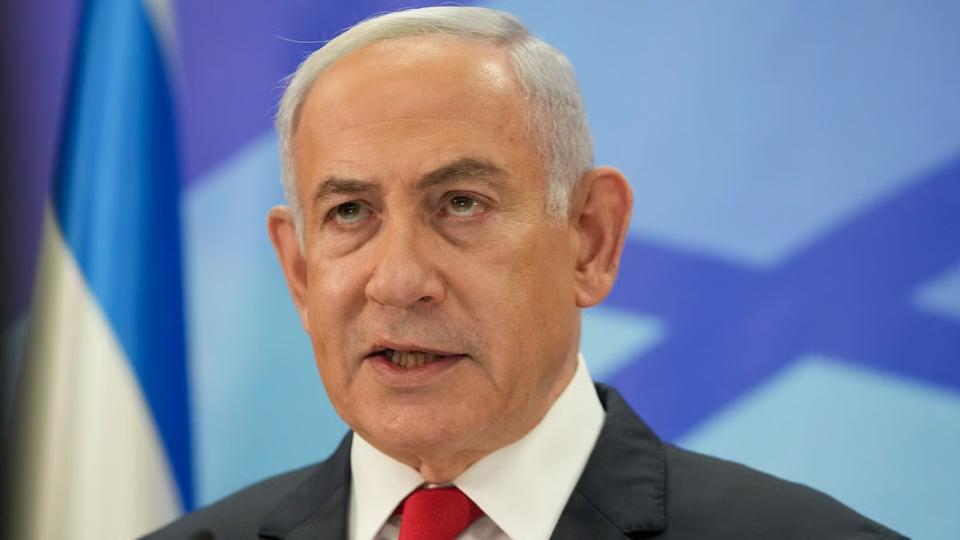
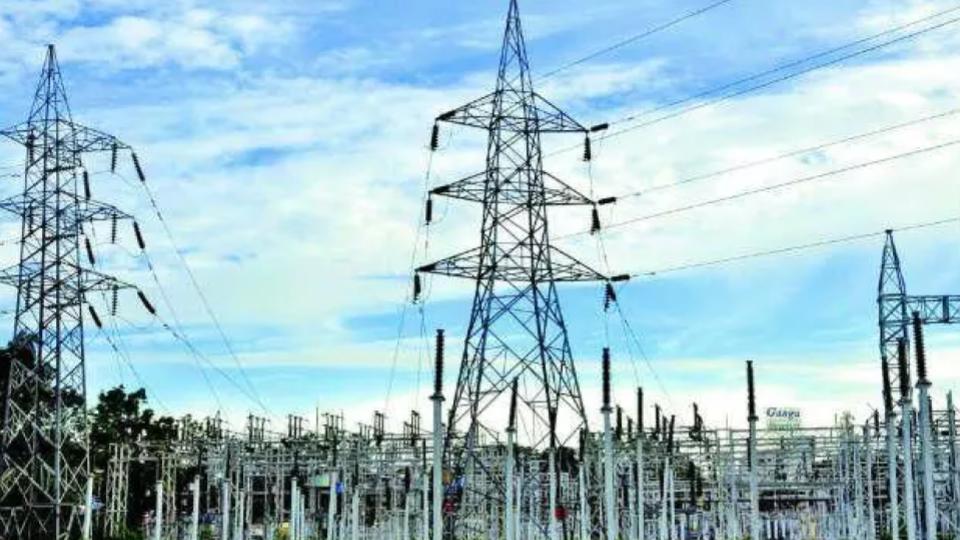
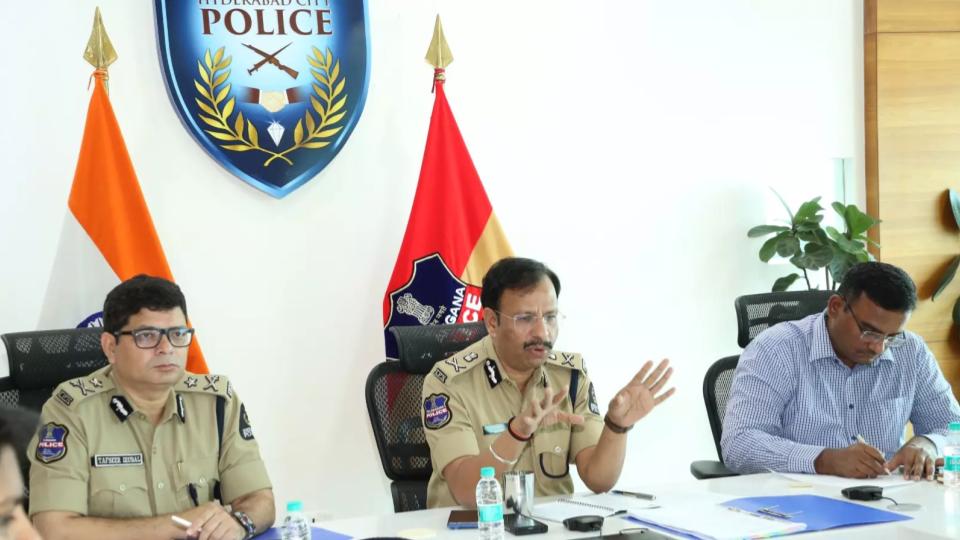
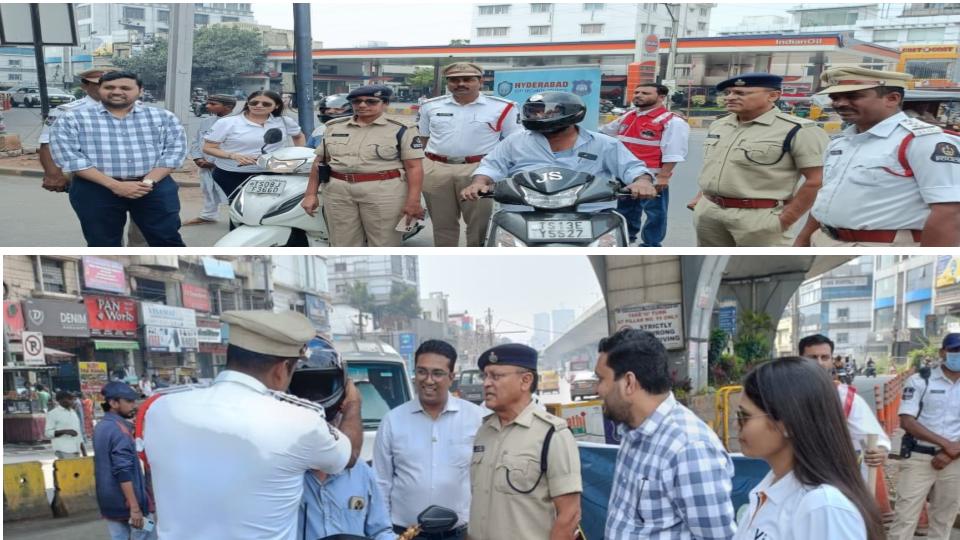
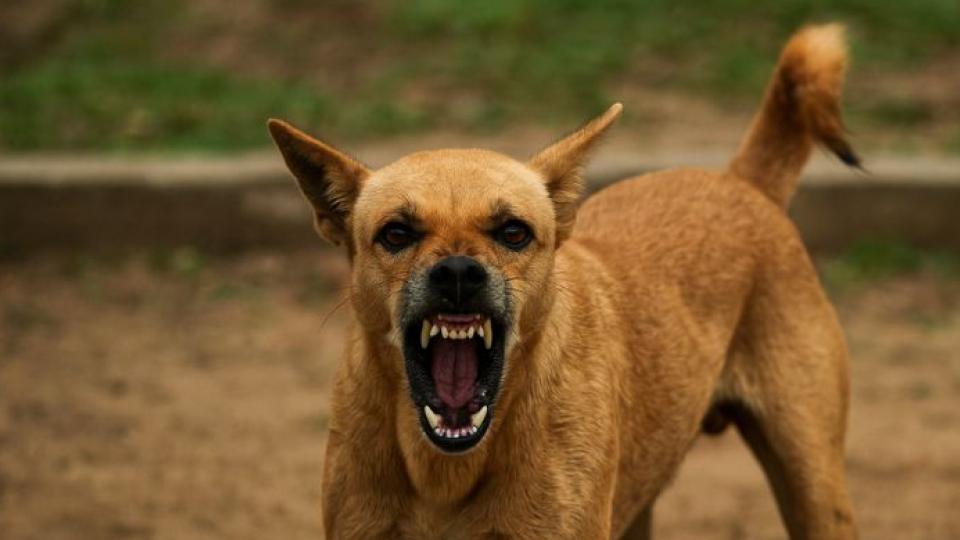
.jpg)





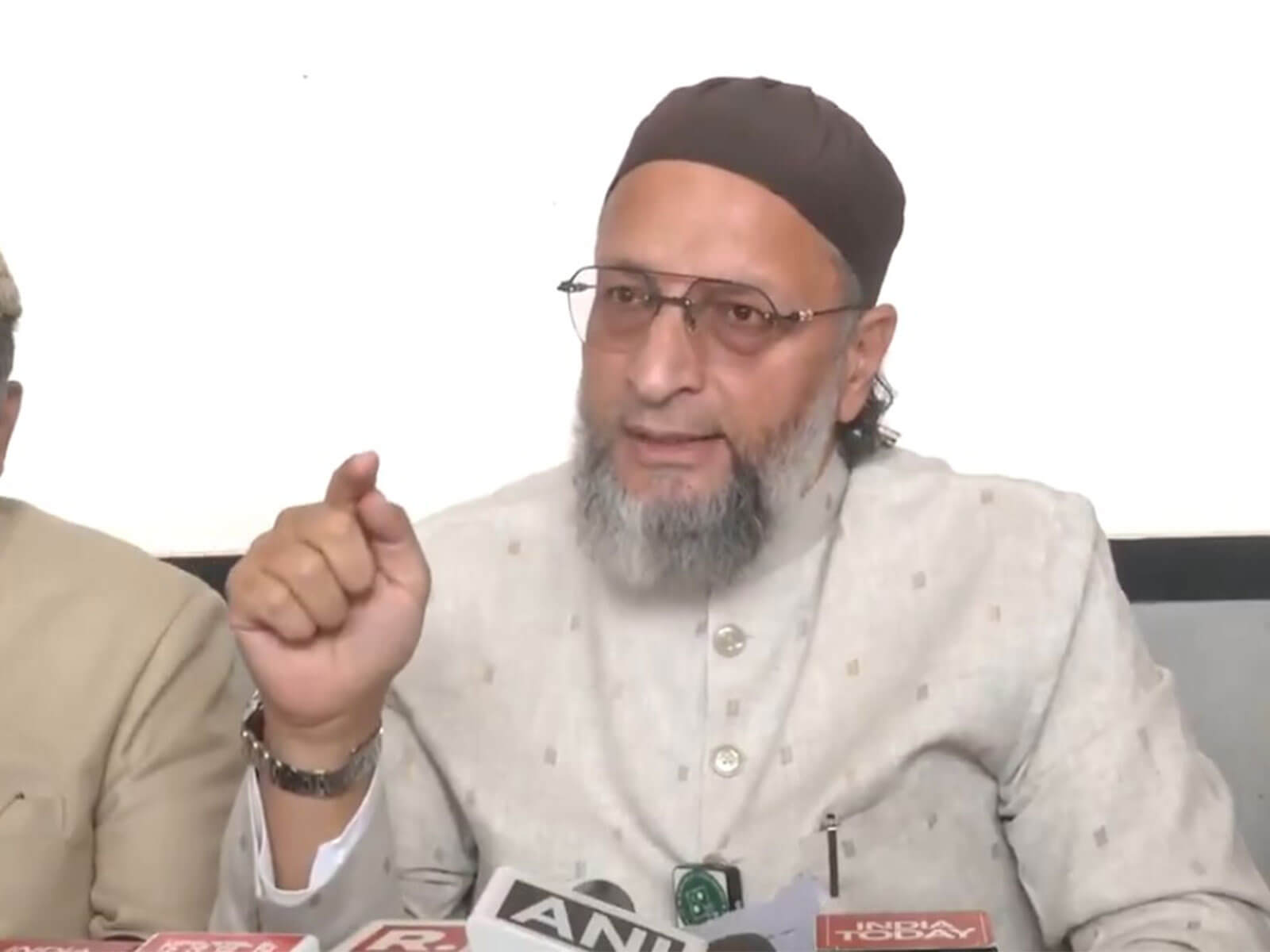







.jpg)
.jpg)
.jpg)


